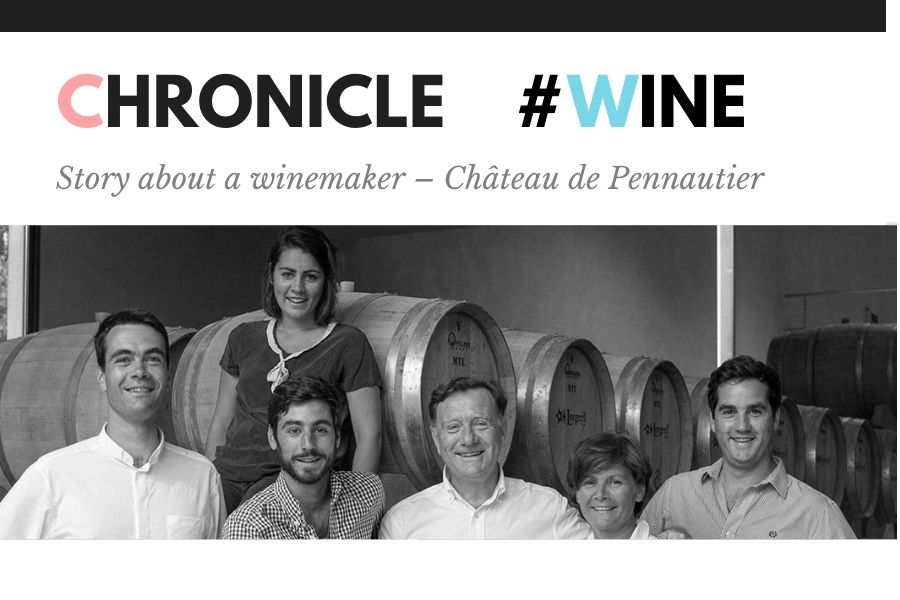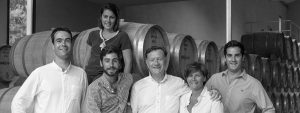Winemaker stories
Story about a winemaker – Château de Pennautier
Maison Lorgeril, a family enterprise, was established in 1620 in Southern France, between the Rhone Valley and the Pyrenees. Nicolas and Miren de Lorgeril now own 6 wineries under 9 AOCs including Cabardès, Minervois, Minervois-la-Livinière, Saint-Chinian, Faugères, Côtes du Roussillon, Côtes du Roussillon Villages, Maury, Languedoc, consisting of 300 hectares of vineyards
Also, Maison Lorgeril has doubled its business of winemaking and merchandising, co-operating with local contractors and equally enthusiastic, environmental-oriented wine-growers. Maison Lorgeril coordinates and organises its wine throughout Languedoc-Roussillon’s AOC with regional IGPs.
Nicolas de Lorgeril, a passionate winemaker from a tenth generation family and his wife have lengthened their business beyond Château de Pennautier The Château can be traced back to 1600s, which was built by Bernard Reich de Pennautier in 1620, is the heart of the family estate. Since 1960, the property has been inherited by visionary descendants, Nicolas de Lorgeril. He decided to replant vines with new stocks on the elevated scrubland. Over almost 3 decades, Nicola and his wife have taken over the Château.
They have carefully selected the vineyard, which has diversified soil including chalky, brown and black schists, gneiss and sandstone soils, is located on the sunny and rocky hillside of Cabardès, ranged from 200 to 400 meters above sea level. The region is situated at the south of Montagne Noire (the Black Mountain) which experiences both Mediterranean and Atlantic maritime influences by plentiful sunshine, cooling sea breezes, and diurnal temperature differences that promote an organic viticulture and an extended growing season.
Due to the distinctive factors, they grow unusual Atlantic varieties such as Cabernet Sauvignon, Merlot or Malbec with classic Mediterranean varieties like Grenache and Syrah.
Château de Pennautier issued its organic conversion in 2019, meanwhile, Château de Cliffre owned by the family has certified organically after the same conversion started in 2015.
They follow sustainable agricultural principles which are certified by HEV (High Environmental Value) that guarantees a supernormal level of environmental performance.
Such organic practices comprise by 4 chief aspects including biodiversity conservation, plant protection strategy, frequency of fertilizer usage and hydrologic management. All of which aim to improve viticulture in agricultural sector followed by a sustainable farming approach. HEV is an organic certification with three levels that the Château is officially certified as advanced level of 3.



